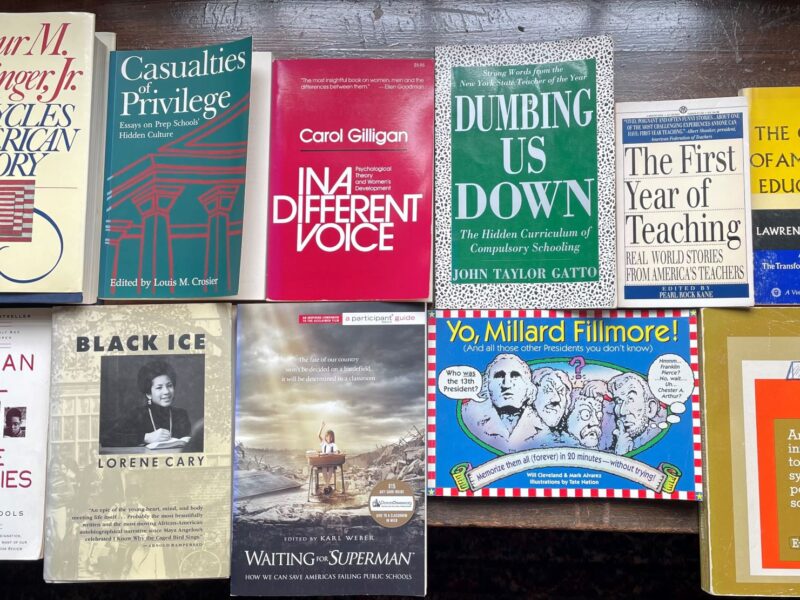The Reason I Jump – The Inner Voice of a Thirteen-Year-Old Boy with Autism by Naoki Higashida (Random House, 2013)
Originally published in 2007 in Japan, this fascinating book has just been released in its English translation. As the subtitle suggests, it presents a first-hand account of life with autism by a boy of 13. As the father of a son with autism, I have read lots and lots of books on the subject. This would get my pick as the best one.
The introduction is written by David Mitchell, also a father of a son with autism. Either Mitchell has been witness to the inner goings-on at my house or he is able to read my mind. He had me at the get-go when he talked about “Diagnosis Day,” the moment when a “child psychologist hands down the verdict with a worn-smooth truism about your son still being the same little guy that he was before this life-defining news was confirmed.”
Mitchell continues: Then you run the gauntlet of other people’s reactions: “It’s just so sad”; “What, so he’s going to be like Dustin Hoffman in Rain Man?”; “I hope you’re not going to take this so-called ‘diagnosis’ lying down!”; and my favorite, “Yes, well, I told my pediatrician where to go stick his MMR (vaccine) jabs. (FWIW, While I’ve grown weary about answering the vaccine question, my favorite is the one about taking it “lying down.”)
After Diagnosis Day, the parent of the child with autism seeks refuge in books. Arguing that “Special Needs publishing is a jungle,” Mitchell submits that there are four kinds of books for the parent of a child with autism:
1) The How to Help Your Autistic Child manuals with a doctrinaire spin and full of trademarked and copyrighted ideas;
2) Dense academic texts that rarely provide a bridge between theory and practice;
3) The confessional memoir — long on uniquely personal experience; (There’s an old saying: If you’ve met one child with autism, you’ve met one child with autism.)
4) The “autism autobiography” (e.g., Thinking in Pictures by Temple Grandin, the inspiration for all parents of a child with autism). While such biographies might offer inspiration, Mitchell observes that “almost by definition they tend to be written by adults who have already worked things out.” That isn’t all that helpful when you’re in the midst of, well, things not working out.
The great thing about The Reason I Jump is that it is “composed by a writer still with one foot in childhood.” Mitchell continues: “Reading it felt as if, for the first time, our own son was talking to us about what was happening inside his head.”
As his introduction nears its conclusion, Mitchell offers the highest praise imaginable, at least for me: “It is no exaggeration to say that The Reason I Jump allowed me to round a corner in our relationship with our son. Naoki Higashida’s writing administered the kick I needed to stop feeling sorry for myself , and start thinking how much tougher life is for my son, and what I could do to make it less tough.”
And that is definitely a fifth type of book. Next: a few excerpts from the book.
Onward, Malcolm Gauld


